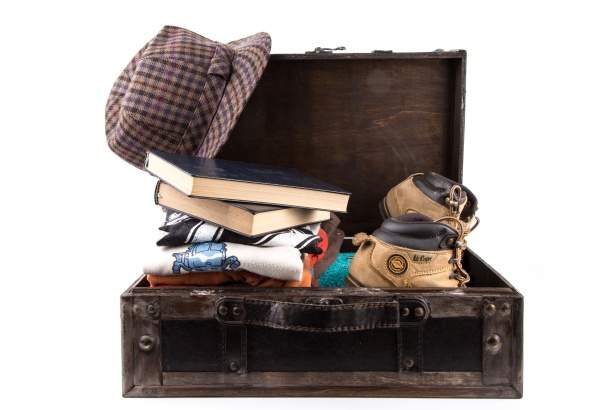How to Avoid the 5 Most Common Travel Illnesses

Few things are more enjoyable than packing up and taking off for an extended vacation, whether you are visiting a well-loved haunt or someplace completely new. So many adventures await you, and the anticipation of trying new activities, meeting new people, and trying new foods can be exhilarating. However, all of these activities might result in a travel illness, and some of these can be dangerous. While not all illnesses are 100 percent preventable, there are a few things you can do to avoid them.
1. Wear Insect Repellent
Many illnesses can be spread by biting insects, such as mosquitoes, ticks, and even bedbugs. A few mosquito-borne diseases, such as the new Zika virus and West Nile Disease can be debilitating and even deadly for infants and the elderly, so making yourself as unappealing to insects as possible is important. Repellents containing DEET have been approved by the U.S. Environmental Protection Agency and are generally considered to be effective. Before you apply bug repellent, read the instructions carefully to ensure you are completely protected.
2. Wash Your Hands
Washing your hands often while you are traveling can help keep cold and flu germs at bay. Touching doorknobs, counters in public bathrooms, railings, and other public items can transfer these germs to your skin and then invade if you touch your eyes or mouth. Wash your hands before and after eating, if you touch a number of surfaces in a public place, or if you shake hands with strangers. If you cannot find a bathroom, look for a sanitation station or carry a travel size hand sanitizer with you.
3. Wear Appropriate Clothing
If you plan on venturing into the wild during your vacation, then wearing the right kind of clothing can help you prevent illnesses that are transferred by fleas and ticks, such as Lyme Disease. If you go hiking in locations with tall grass, wear hiking boots and thick socks to prevent ticks from attaching. Long sleeves and pants should be worn at dusk during warm weather, especially after a rainfall, to protect yourself from mosquitos.
4. Bring Along Your Own Snacks
If you must travel by plane or boat during your vacation, bringing along your snacks may help you avoid food-borne illnesses resulting from improperly handling of unwrapped items. These types of sicknesses are quite common where people are in confined spaces and eating food that comes from all one source. One illness that occurs most often, called norovirus, affects thousands of people per year and has even caused entire cruises to be cancelled during especially intense outbreaks.
Bringing your own snacks can especially help protect your children, whose immune systems might be more susceptible to food-borne bacteria. For example, if you must take a boat ride that lasts more than a few hours, bring along a bag of Hamptoncreek Just Peanut Butter Cookies for them to munch on. Not only are these cookies low in sugar and made without saturated fat or preservatives, they can provide a safe and healthy alternative to a tour boat’s snack bar or questionable airline food.
5. Watch the Water
One of the most common illnesses you can contract while traveling is diarrhea, and its greatest cause is from contaminated water. While you probably already know about the risk of drinking water in certain areas of the world, the truth is that bacteria can hide in local water sources as well. You may not expect this problem in the ice restaurants put in your drink. Hotel ice and crushed ice that is used in buffets to keep seafood, dairy, and cheeses cool are also possible sources.
While most cases of diarrhea caused by contaminated water resolve themselves, some can be dangerous, especially for young children or the elderly. To lower the risk of contamination, ask your server to hold the ice and avoid buffets where the ice is discolored or melting, as the bacteria risk increases in this case because it has a greater chance of coming into contact with the food.
Getting sick during your vacation can be a misery, especially when you have to travel to other places once you arrive. It can also ruin your plans and keep you indoors or result in a hefty medical bill when you return back home with a moderately serious issue. However, if you plan accordingly and think before you venture out, eat, or spend time in a public place, you can return home with souvenirs and happy memories, not an illness.









